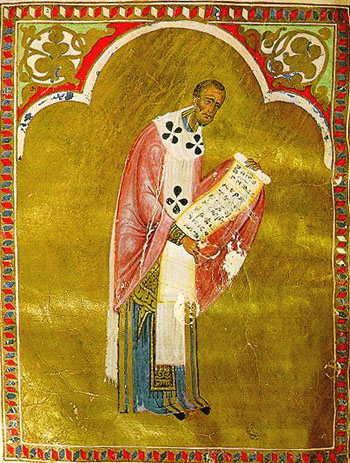.jpg) What do you keep a cricket in?
What do you keep a cricket in?I knew a lovely lady who was from the US, but worked as a textile conservator in the UK. My conservation career started out with me volunteering for her at a museum. She was very popular, and had a wide social circle, into which I was invited. She loved antique things, and would invariably have some interesting trinket to show people. I remember one time when there was a gathering of friends, she was showing off a little round wicker box with a lid, that she had found in some junk shop, and we were debating what it could have been for. My friend thought that perhaps it was for keeping an insect in, so said that "it may be a cricket box". At this juncture, any Englishman worth his salt will know exactly why all the men in the group fell about laughing. I myself (being younger and shyer than most of the company who, to me, all seemed very knowledgeable about the world and life) was unsure of what the term "cricket box" actually meant to them, but was able to quickly guess that it was something to do with the game of cricket, and probably some sort of protection that only men would need!

Well, my education was completed recently, when my boy decided he wanted to take up cricket, and so joined a local village cricket club. The only essential equipment he needs at this beginning stage is a cricket bat, and of course, the famous box. We rushed around our local towns, and successfully found him one before his first match - this being the result.
Last night, he had his second match, but being in a rush to get there, he forgot to attire his nether regions in the appropriate under wear. Apparently, boxer shorts are not the right sort of thing to wear, as my lad found out to his cost - the box falls out! Well, his papa and I had done one of those brilliant parental changeovers, whereby, I had heated up his supper and taken it in an earthenware pot, while my husband was to meet us at the cricket pitch straight from his work, where he could then eat at his leisure. This was to save his darling wife from having to sit through the excruciating experience of watching an under 11's cricket match -have you heard the expression "watching paint dry", well that's how cricket leaves me feeling. (The match lasts TWO hours). I had wrapped said hot pot in a nice large tea cosy I have, to keep it warm till my beloved knight came to rescue me, and I felt quite proud of my wifely efficiency (I had to, it was a RARE occasion of such efficiency!)
When they got home, my son recounted the tale of the habitual trouncing.
It strikes me that he has probably joined the worst team in the County, which is possibly why he was so easily taken on, but I digress.
More importantly though, he was holding something out to me, and telling me that he had had problems with his box falling out. However, his ever-resourceful daddy had given him an alternative, which, when it was removed from down the front of his trousers, after his turn at batting, had caused the other boys on his team much merriment...
 I suppose it was a good job he didn't have an opportunity to score any runs - he wouldn't have been able to run very fast with that stuck down his front!!!
I suppose it was a good job he didn't have an opportunity to score any runs - he wouldn't have been able to run very fast with that stuck down his front!!!
(Footnote for my international readership - cricket is a game played with a VERY hard ball, which is thrown hard and fast directly towards a wicket, in front of which the batsman must stand to defend it with a bat - needless to say there are many opportunities for said ball to hit the batsman in a place that could cause a lot of pain if not covered with a tea cosy).













